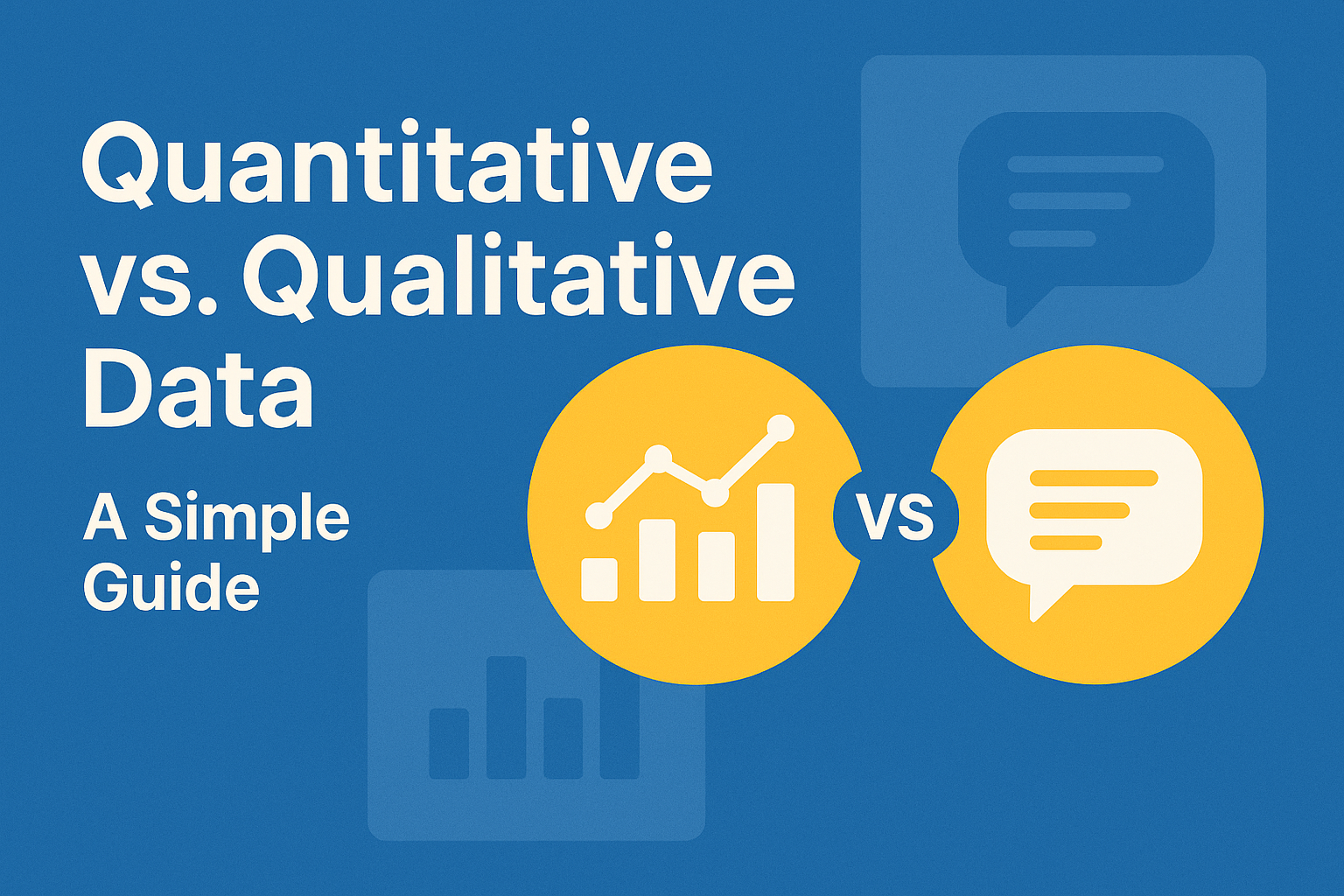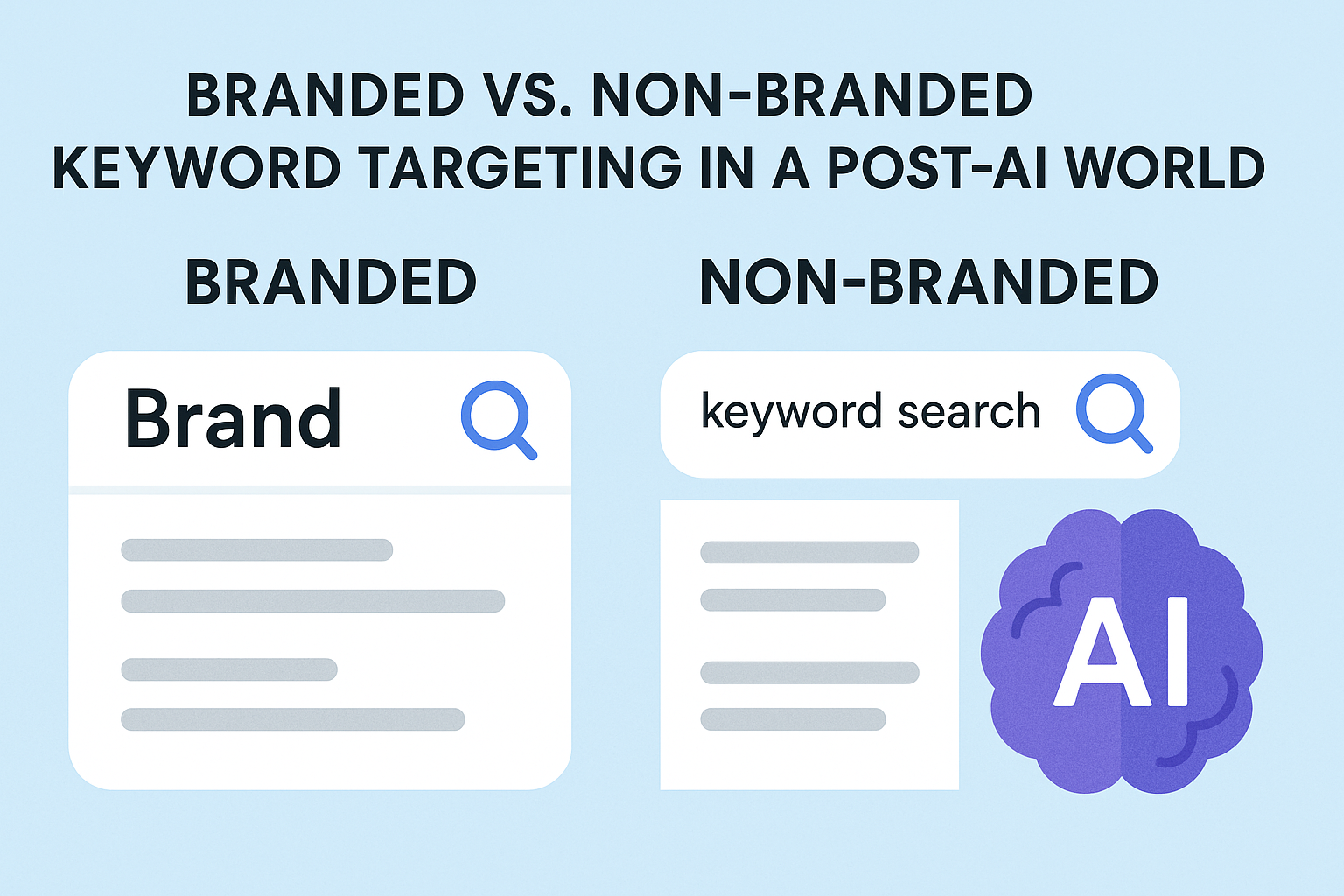In the digital age, the success of an eCommerce website is intricately tied to its visibility and accessibility online. Search Engine Optimization (SEO) has emerged as a pivotal factor in determining this success. SEO is not just about improving search engine rankings; it’s about enhancing the overall online presence and accessibility of your eCommerce business. This comprehensive guide delves into the key reasons why stellar SEO is essential for your eCommerce website, highlighting how it can transform your online business from being just another site in the vast online landscape to a prominent destination for potential customers.
1. Increased Visibility in Search Engine Results
The primary goal of SEO is to increase a website’s visibility in search engine results. For an eCommerce site, this means appearing at the top of search results when potential customers are looking for products or services you offer. Higher visibility equates to more traffic, and more traffic leads to greater opportunities for sales and revenue. Effective SEO involves optimizing website content with relevant keywords, improving site structure, and enhancing backlink profiles, all of which contribute to better rankings and increased visibility.
2. Enhanced User Experience Through Optimized Ecommerce Categories
SEO goes beyond just driving traffic; it plays a significant role in enhancing the user experience. For eCommerce websites, this includes the optimization of ecommerce categories, ensuring that products are easily navigable and findable. Well-structured categories, clear and descriptive product titles, and a logical site hierarchy not only help search engines understand your site better but also make it easier for users to browse and find what they’re looking for. An optimized site structure leads to a more satisfying user experience, which is crucial for keeping visitors on your site and encouraging them to make a purchase.
3. Higher Conversion Rates
Effective SEO strategies attract not just any traffic, but the right kind of traffic to your website. By targeting specific keywords and phrases that your potential customers are using, you’re more likely to attract visitors who are interested in your products and ready to make a purchase. This targeted approach leads to higher conversion rates as the traffic your site receives is more relevant and qualified. In essence, good SEO ensures that you’re not just attracting visitors, but potential customers.
4. Cost-Effective Marketing
Compared to traditional forms of advertising, SEO is a highly cost-effective marketing strategy for eCommerce businesses. While paid advertising requires continuous funding to keep the traffic flowing, the effects of a well-implemented SEO strategy can be long-lasting, offering a better return on investment. SEO is about building an organic presence online, which, although it requires upfront effort and resources, can lead to sustained traffic without the ongoing costs associated with paid marketing methods.
5. Building Trust and Credibility
A top-ranking position is seen as an endorsement by the search engine, which can significantly enhance the trustworthiness of your eCommerce site. This trust is crucial in the online marketplace, where competition is fierce, and consumers are often cautious about where they spend their money. By investing in SEO, you’re not only improving your visibility but also enhancing the perceived reliability and credibility of your brand.
6. Staying Competitive
In the fiercely competitive world of eCommerce, staying ahead is vital. Good SEO practices are a key part of this, ensuring that your website remains visible and attractive to potential customers. Without effective SEO, even the best-designed eCommerce sites can fall behind in search rankings, making it difficult for customers to find them amidst the sea of competitors. Regularly updating SEO strategies in response to evolving search engine algorithms keeps your site competitive. It ensures that your site not only keeps up with the competition but also stands out in terms of visibility and accessibility.
7. Mobile Optimization for Better Reach
With a significant portion of online shopping occurring on mobile devices, mobile optimization is no longer optional. SEO strategies must include optimizing for mobile to ensure a seamless shopping experience for users on their smartphones and tablets. This includes responsive design, fast loading times, and easy navigation, all of which are favored by search engines and contribute to higher search rankings. Mobile optimization extends your reach, catering to the growing number of consumers who use their mobile devices for online shopping.
8. Local SEO for Targeting Local Customers
For eCommerce businesses with a physical presence or those targeting specific geographic areas, local SEO is invaluable. It involves optimizing your site to appear in search results for a specific locale, attracting customers in your vicinity. This includes using local keywords, registering with local business directories, and optimizing your site for location-based searches. Local SEO can be a game-changer, driving foot traffic to physical stores and personalizing the online shopping experience for local customers.
9. Gaining Valuable Insights Through Analytics
SEO offers more than just improved search rankings; it provides valuable insights into customer behavior and preferences through analytics. Tools like Google Analytics can track how users find and interact with your site, what they search for, and how they navigate through your eCommerce categories. These insights are crucial for informed decision-making, allowing you to refine your marketing strategies, optimize your site layout, and improve product offerings based on actual customer data.
10. Long-Term Growth and Sustainability
Investing in SEO is investing in the long-term growth and sustainability of your eCommerce business. Unlike paid advertising, which offers short-term gains, SEO builds a solid foundation for your online presence. It’s about creating a site that is not only search engine friendly but also user-friendly. Over time, this leads to sustained organic traffic, better customer retention, and overall growth. In an ever-changing digital landscape, a robust SEO strategy ensures that your eCommerce business continues to grow and thrive.
Conclusion
The role of SEO in the success of an eCommerce website cannot be overstated. From maintaining a competitive edge and optimizing for mobile users to leveraging local SEO, gaining insights through analytics, and ensuring long-term growth, SEO is integral to the digital health of your eCommerce business. In today’s digital marketplace, where the competition is just a click away, stellar SEO is not just a nice-to-have but a necessity. It’s a strategic investment in the future of your eCommerce venture, one that pays dividends in terms of visibility, customer engagement, and ultimately, business success. As you navigate the complexities of eCommerce, remember that a strong SEO strategy is your ally in carving out a distinct and lasting presence in the digital marketplace.

The Search Engine Cage team is on a mission to educate entrepreneurs. We make things easier for the small business owner, by writing articles that help them to understand SEO and Digital Marketing.







